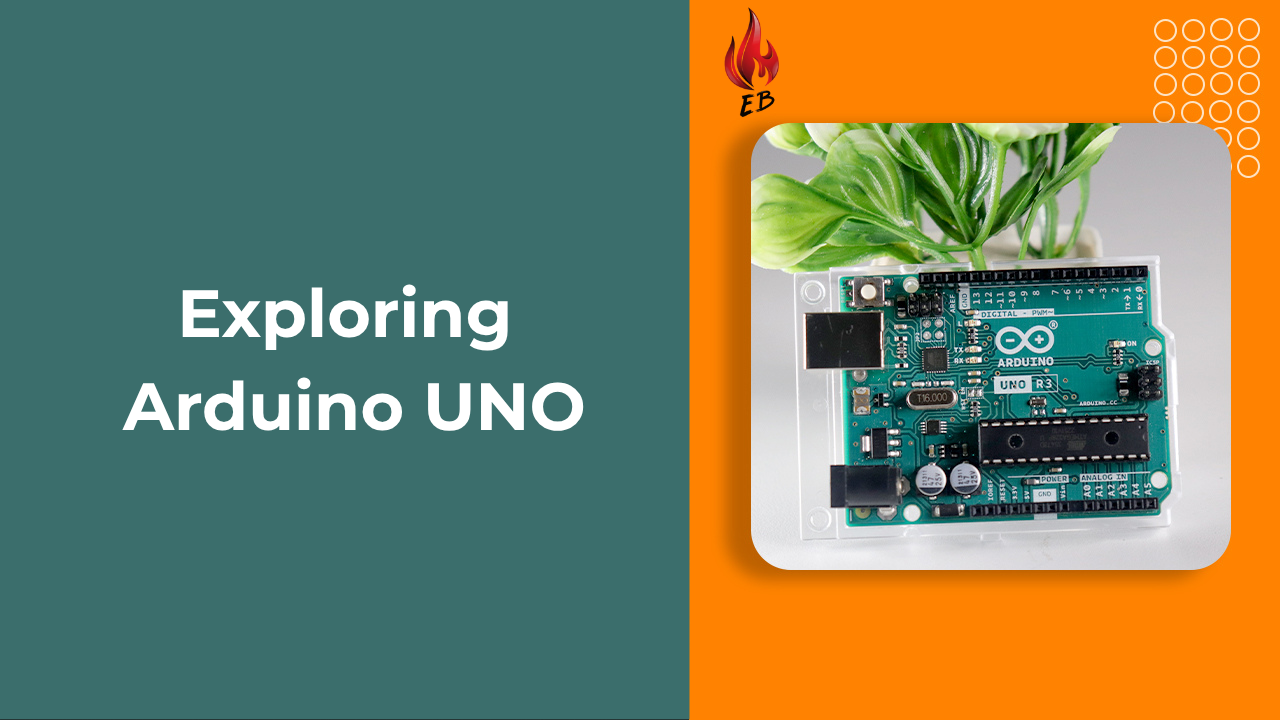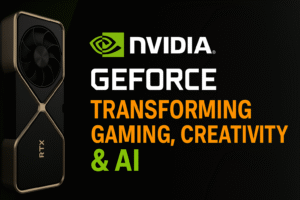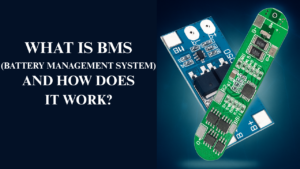When it comes to DIY electronics and rapid prototyping, no name rings louder than Arduino UNO. Small, budget-friendly, and incredibly adaptable, this board has powered everything from simple LED blinks to advanced robotics. Whether you’re a curious beginner or a maker looking to expand your skills, Arduino UNO is the perfect tool to kickstart your creative projects.
Let’s break down what makes this board so special, how it works, and where you can grab genuine components for your builds, including from our recommended store electricalbro.in.
🔍 What Exactly is Arduino UNO?
Arduino UNO, equipped with the ATmega328P microcontroller, serves as an accessible and dependable foundation for countless electronics projects. Designed with simplicity and reliability in mind, it lets you interface effortlessly with a variety of sensors, motors, and modules, bringing your digital ideas into the physical world.
Its plug-and-play nature, combined with open-source software support, makes it a favorite for students, hobbyists, educators, and engineers alike.
📊 Core Features at a Glance
Here’s what powers this tiny board:
- Microcontroller: ATmega328P
- Operating Voltage: 5V
- Input Voltage (recommended): 7–12V
- Digital I/O Pins: 14 (6 with PWM)
- Analog Inputs: 6
- SRAM: 2 KB
- Clock Speed: 16 MHz
- USB Interface: ATmega16U2 for seamless code uploads
The board offers 32 KB of flash memory for your sketches, with 0.5 KB used by the onboard bootloader.
Want the authentic UNO R3, jumper wires, sensors, and motor drivers? You’ll find them all at electricalbro.in — trusted by makers across India.
🛠️ Setting Up Your First Arduino Project
Starting with Arduino is refreshingly simple:
1️⃣ Start by downloading the Arduino IDE from the official source. 2️⃣ Connect your Arduino UNO to your PC using a standard USB Type-B cable.
3️⃣ From the Tools menu, choose your board model and the right COM port.
4️⃣ Try uploading the famous Blink sketch — a simple program that flashes the onboard LED on pin 13.
And just like that, you’ve joined the maker community!
⚡ Working with Digital & Analog Pins
🔸 Digital Pins
These pins can switch between HIGH (5V) and LOW (0V), making them ideal for turning LEDs on/off or reading button presses.
pinMode(8, OUTPUT);
digitalWrite(8, HIGH);🔸 Analog Pins
Perfect for reading values from sensors like potentiometers or temperature sensors. The values range from 0 to 1023, representing 0V to 5V.
int reading = analogRead(A0);🎛️ Understanding PWM: Smooth Control of LEDs & Motors
PWM (Pulse Width Modulation) lets you simulate analog output using digital pins. On the UNO, pins 3, 5, 6, 9, 10, and 11 support PWM.
Example for 50% LED brightness:
analogWrite(9, 127);📡 Communicating with Other Devices
Your Arduino UNO can talk to other devices using:
- SPI (Serial Peripheral Interface) — Ideal for SD card modules, RFID readers, etc.
- I2C (Inter-Integrated Circuit) — Perfect for connecting multiple sensors and displays with just 2 wires.
Need an OLED display or an RFID module? Check out the stocked modules at electricalbro.in.
🚨 Interrupts: Instant Reaction Mechanism
Interrupts let your Arduino pause what it’s doing and handle important events immediately.
Example:
attachInterrupt(digitalPinToInterrupt(2), myFunction, CHANGE);Great for handling things like emergency stop buttons or motion detection alerts.
💾 Smart Memory Usage Tips
With just 2 KB of SRAM, efficiency matters:
- Use smaller data types like
byteoruint8_twhere possible. - Avoid unnecessary global variables.
- Prefer
chararrays overStringobjects for text handling. - Be cautious with dynamic memory allocation.
Monitor your program’s memory footprint using the Serial Monitor and sizeof().
🎉 Final Thoughts
The Arduino UNO remains a cornerstone of modern DIY electronics for a reason. It’s simple, adaptable, and backed by a massive global community. From home automation to wearable tech, the possibilities are endless.
If you’re ready to dive in, pick up your Arduino UNO, sensors, displays, and other modules today from electricalbro.in — where makers find genuine components at great prices.
📞 Want More Info or a Demo?
Reach out today — we’re here to assist with product details, pricing, and setup guides:
Website : electricalbro.in
📱 Phone: 8130231489📧 Email: support@electricalbro.in
Let’s make our water bodies cleaner, one smart boat at a time.
🎥 Follow & Learn More
Subscribe to our YouTube channel for hands-on projects, coding tutorials, and hardware experiments. Stay creative and keep building!



